Report Finds Only 57 Companies Are Responsible for 80% of the World’s Carbon Dioxide Emissions
A groundbreaking report has just laid bare a staggering fact: only 57 companies are at the heart of 80% of the world’s emissions stemming from cement and fossil fuels. This finding is a massive call for immediate action in our global battle against climate change.
The InfluenceMap report, leveraging the comprehensive Carbon Majors database, exposes the depth of the challenge we face in achieving a sustainable future. This revelation forces us to reckon with the fact that a small group holds the key to significant environmental impacts.
The Mega-Polluters Exposed
According to the report, among the 57 are some of the world’s most influential players in the fossil fuel and cement industries. Names like Chevron, ExxonMobil, Saudi Aramco, and Gazprom don’t just dominate the market; they are central figures in the climate crisis narrative.

Source: Luis Ramirez/Unsplash
This elite group, encompassing investor-owned companies, state-owned enterprises, and entire nations, plays a pivotal role in shaping our planet’s future. Their actions have a disproportionate impact on our global carbon footprint, highlighting the urgent need for targeted climate action.
Unmasking the Carbon Majors
The Carbon Majors database, a meticulous project initiated in 2013, shines a spotlight on the oil, gas, coal, and cement sectors, chronicling their emission histories. This tool has been instrumental in revealing how these industries contribute to global warming, offering a clear picture of where efforts to reduce emissions should be concentrated.
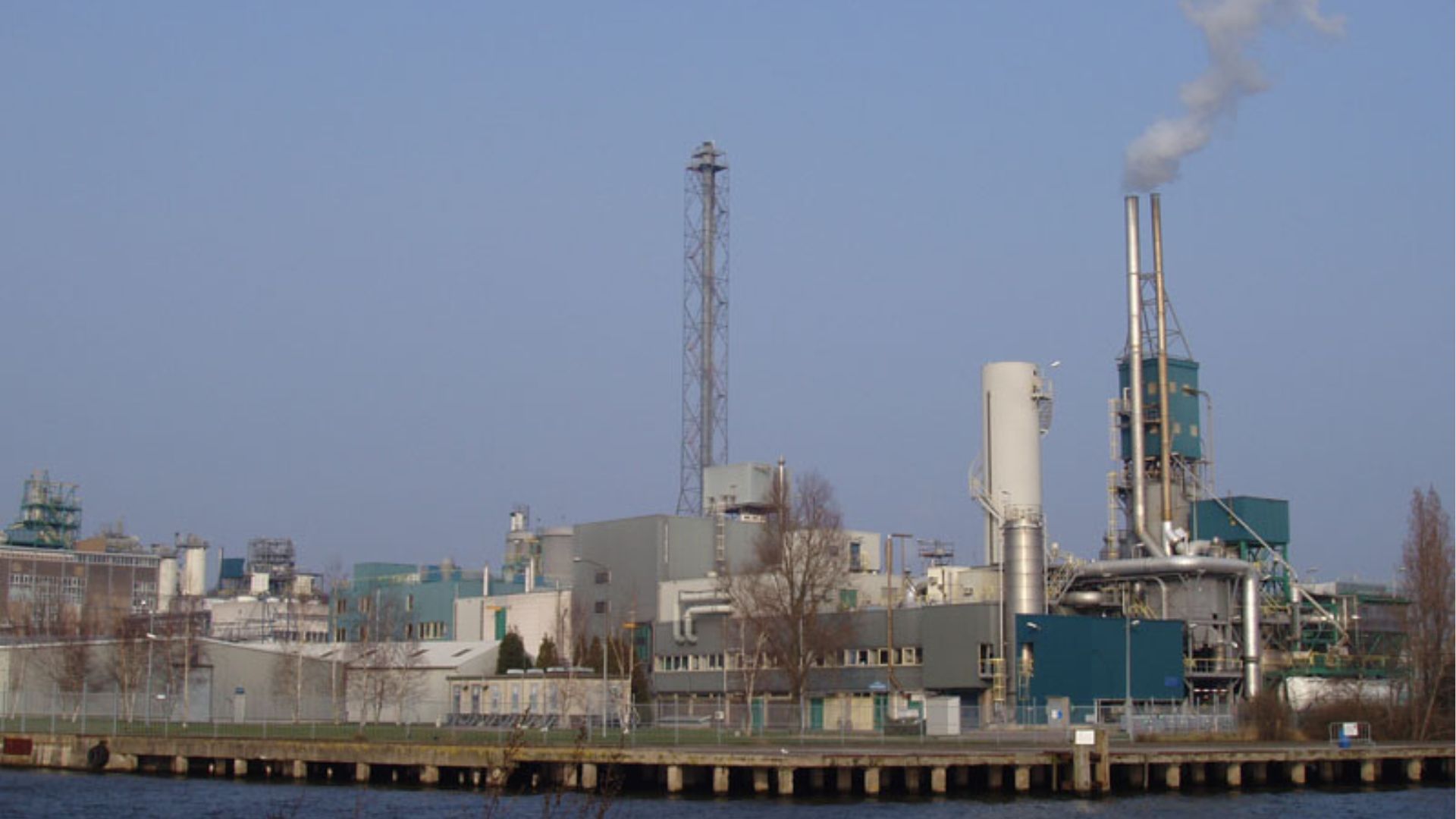
Source: Wikimedia Commons
It underscores the pressing necessity for transparency and accountability in the corporate world, particularly among those with the most significant environmental impact.
A Historical Overview of Emissions
The distribution of emissions is telling: investor-owned companies account for 31%, state-owned companies for 33%, and nation-states for 36%. These figures underscore the shared responsibility across different sectors for the high levels of carbon dioxide emissions.

Source: Freepik
For instance, historical heavyweights like Chevron, ExxonMobil, and BP have been major contributors, illustrating the critical role that corporate governance plays in the global emissions landscape.
The Stark Reality of Climate Progress
Despite international efforts and pledges under the Paris Agreement, the persistence of fossil fuel production by these mega-polluters paints a grim reality. Our current trajectory is far off the mark needed to achieve net-zero goals, with the report highlighting the fact that fossil fuel production continues to be a major player.
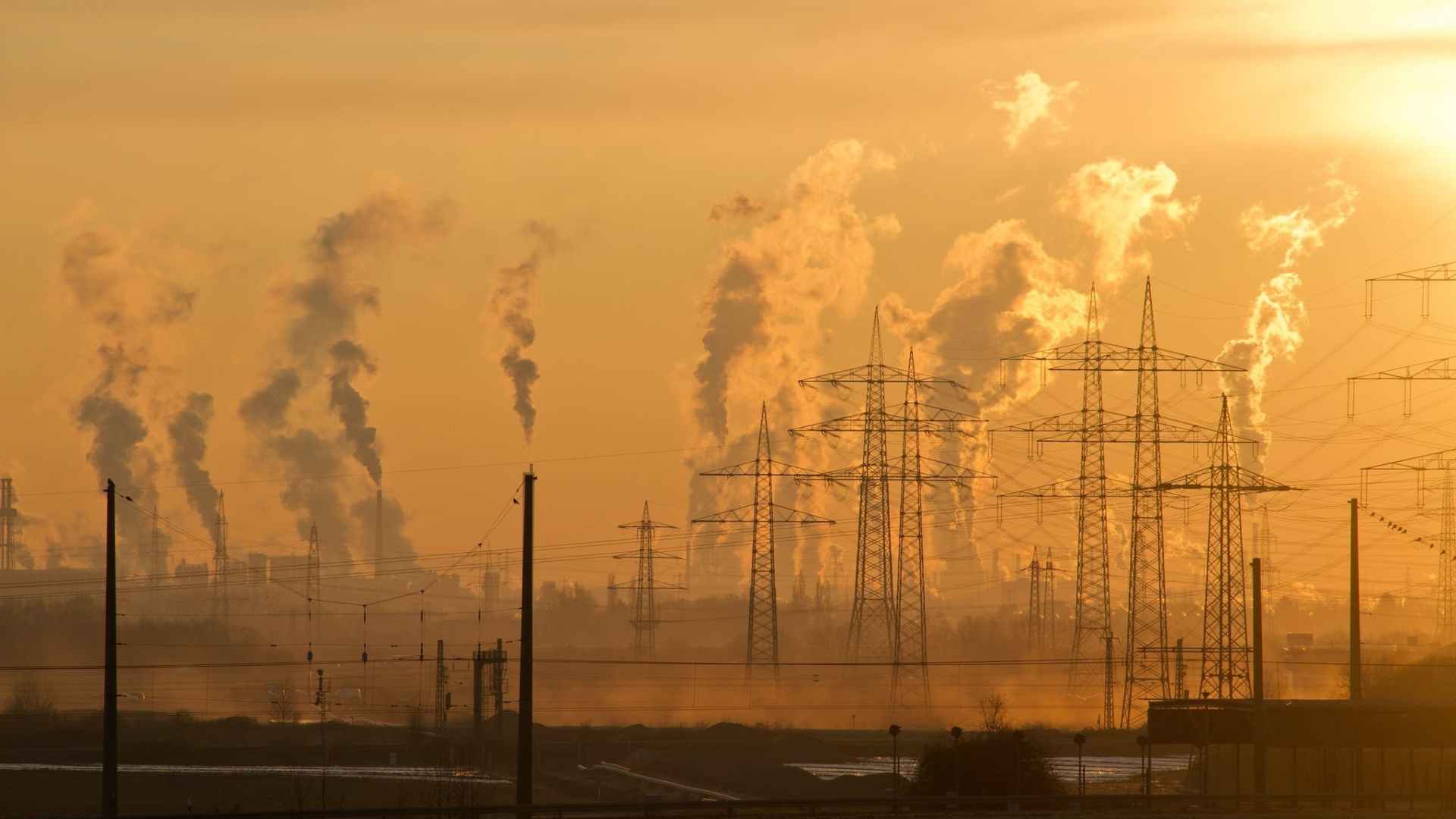
Pixabay/Pexels
This realization demands a reevaluation of our strategies to combat climate change, emphasizing the need for more than just commitments on paper.
The Discrepancy Between Words and Actions
The report also sheds light on a significant issue: the gap between what companies promise in terms of climate action and what they actually do. Companies noted have exceeded their emissions allotments, with some overstepping their limits by over 70%.
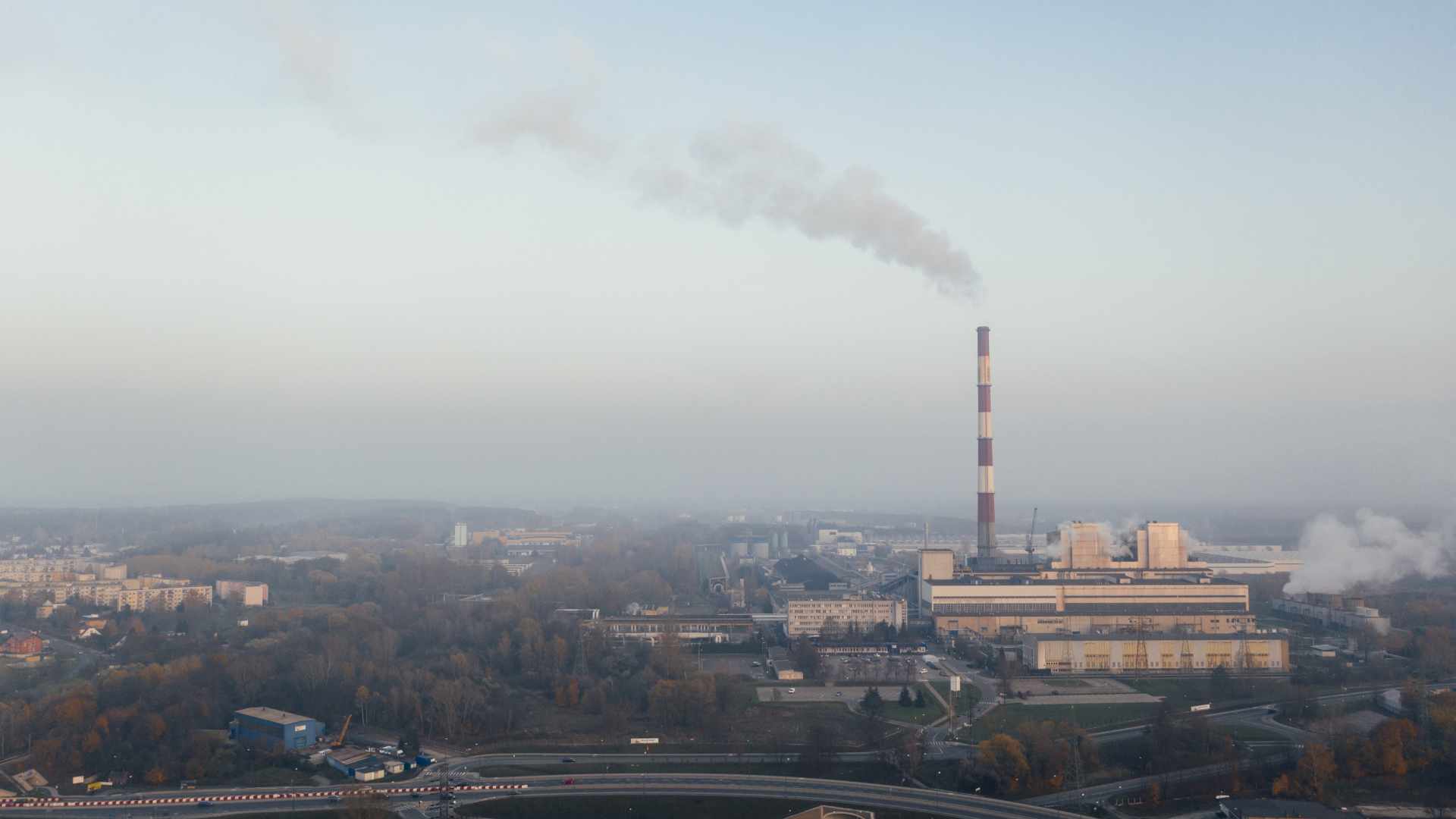
Source: Marcin Jozwiak/Unsplash
This discrepancy reveals a troubling lack of actual commitment to reducing emissions, undermining global efforts to meet climate targets.
The Surging Emissions Trend
In a concerning trend, the report notes that 58 out of the 100 companies analyzed increased their emissions output in the seven years following the Paris Agreement, compared to the seven years prior.
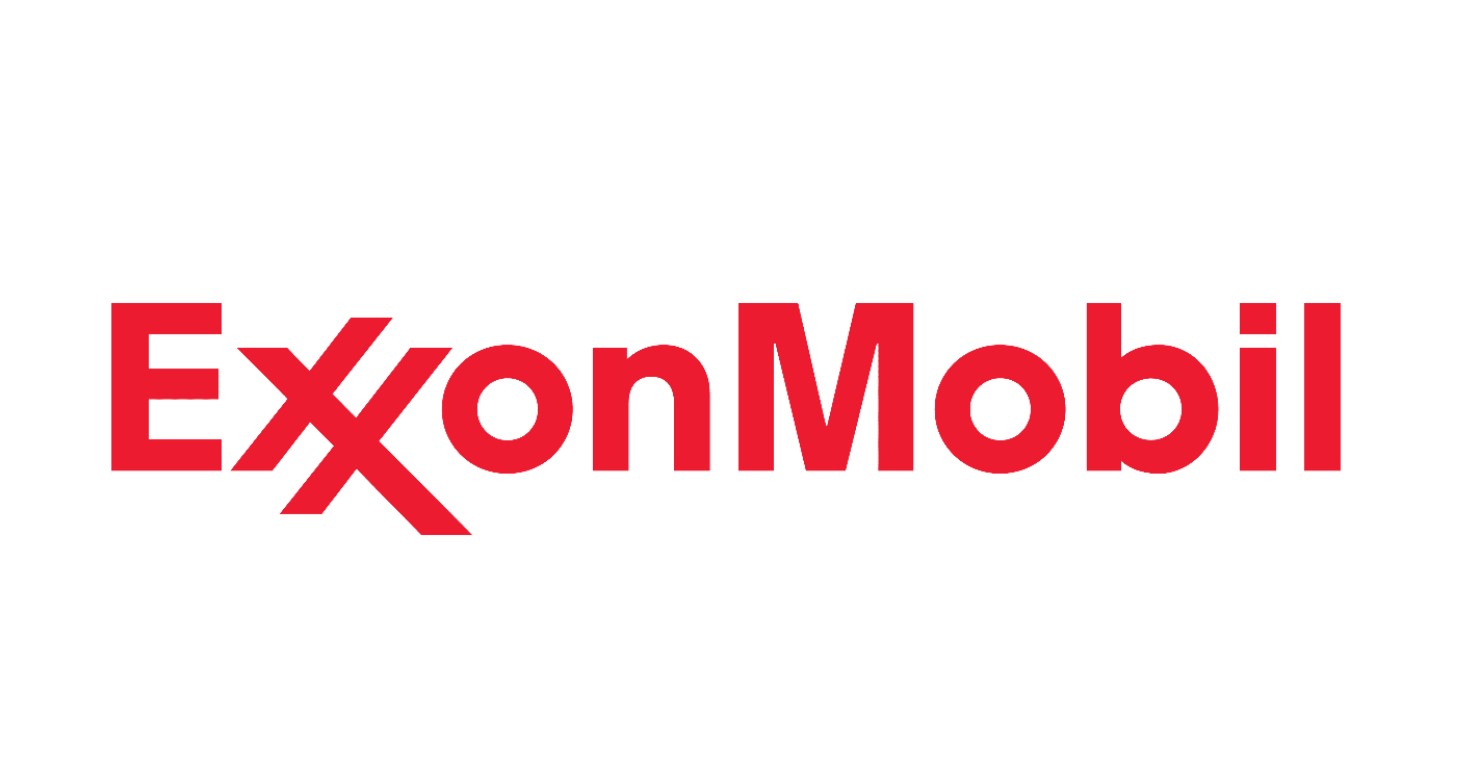
Source: LogosWorld
This rise is particularly alarming in Asia, where 87% of companies assessed have seen an uptick in emissions. Such increases are a step backward in the fight against climate change, highlighting the need for more stringent measures and genuine corporate responsibility.
The Coal Conundrum
The transition away from coal, a significant source of carbon emissions (via the EPA), has been uneven. While investor-owned companies have managed to reduce emissions linked to coal by 28% from 2015 to 2022, state-owned companies and nations heavily dependent on coal have ramped up their usage.

Source: Wikimedia Commons
This dichotomy is a major stumbling block in the path to reducing global emissions and plainly shows the complex dynamics at play in the energy sector.
Pushing for Transparency and Accountability
The report does suggest a silver lining: the potential for increased transparency and accountability, particularly among state-owned enterprises.
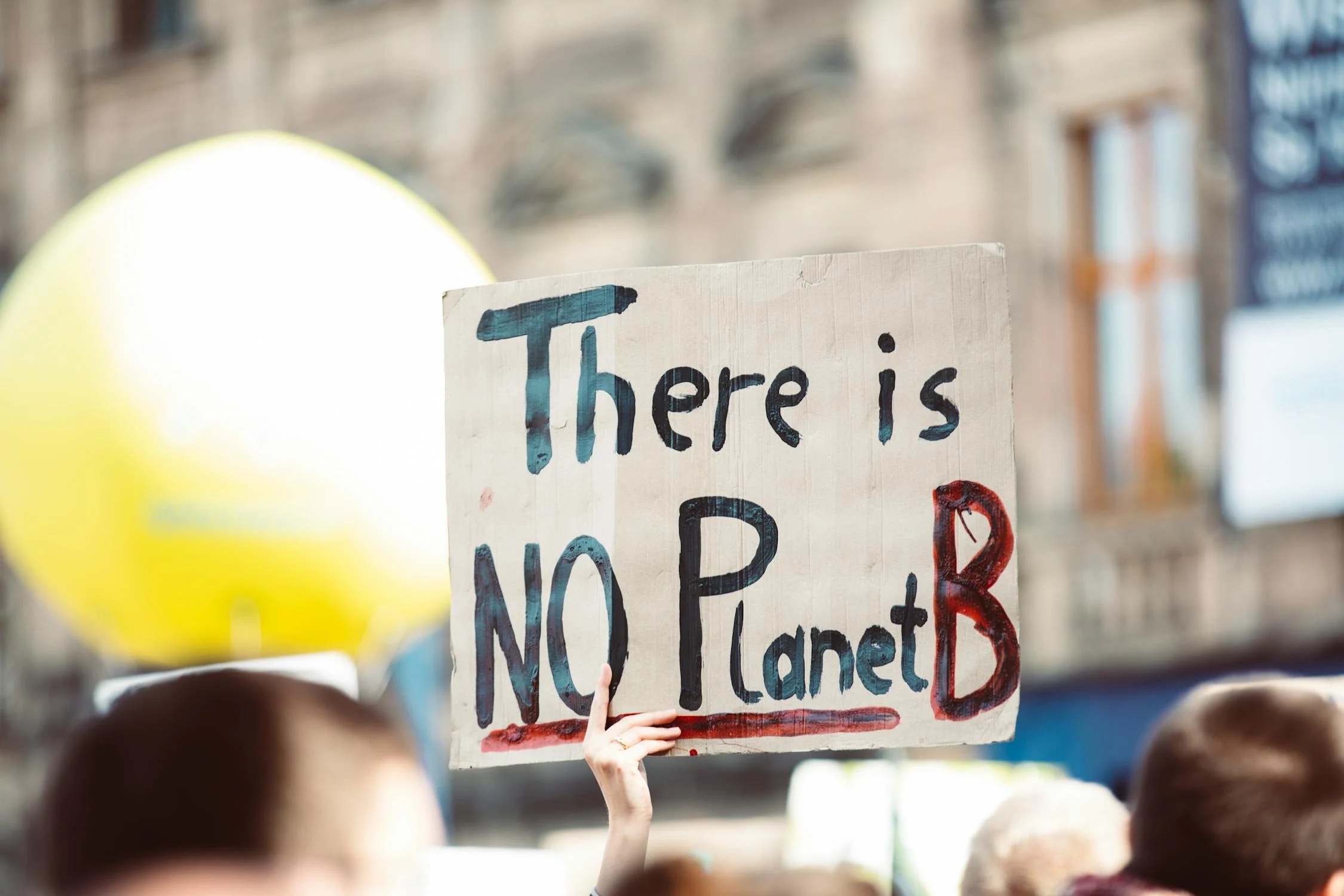
Source: Markus Spiske/Pexels
The impending introduction of new climate disclosure rules for investor-owned companies is a step towards dismantling the veil of greenwashing, forcing companies to be more transparent about their emissions and efforts to mitigate them.
The Antidote to Greenwashing
With stricter guidelines and monitoring, the hope is to bring to light the true actions of these mega-polluters.
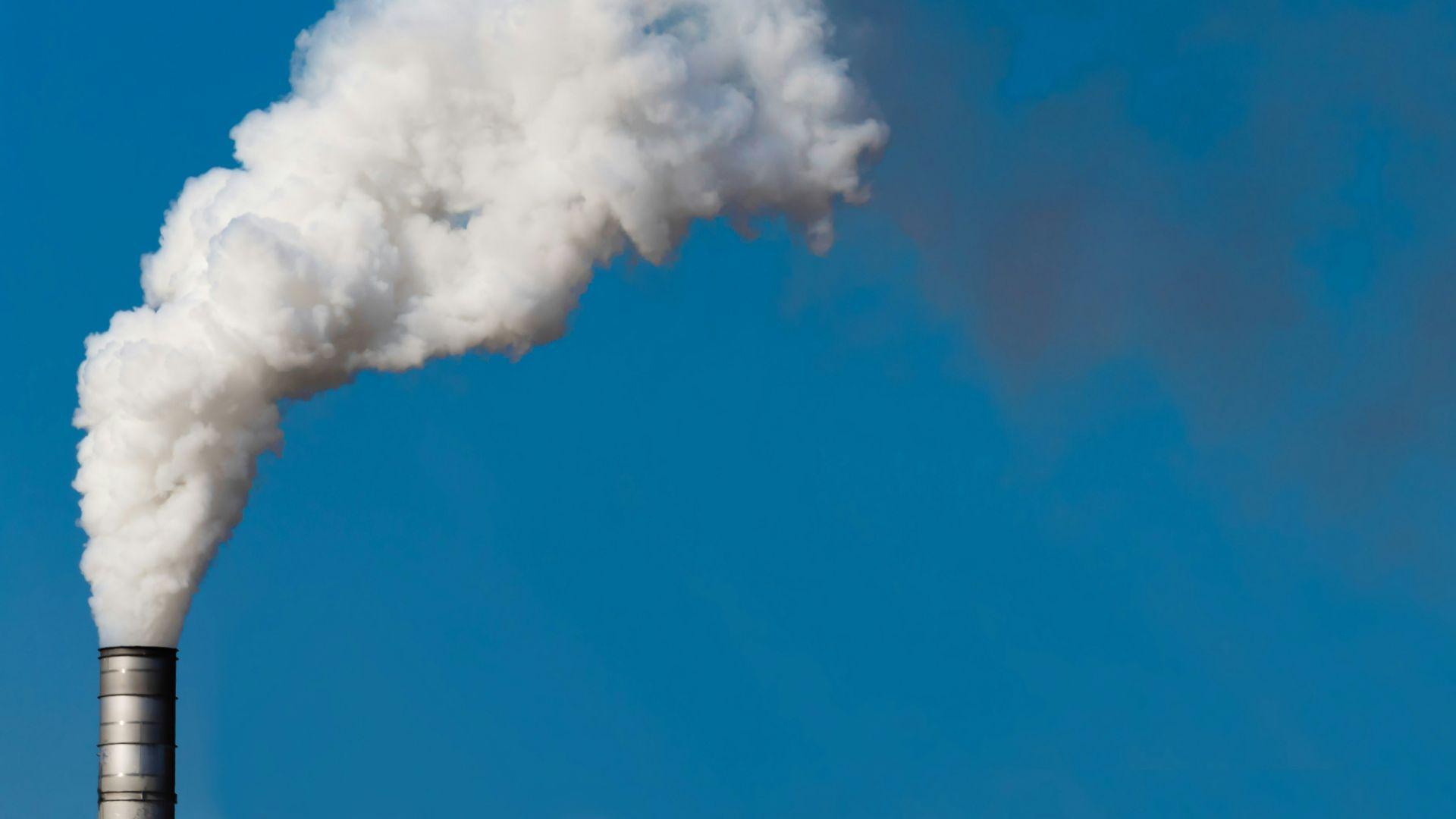
Source: Pawel Czerwinski/Unsplash
This approach aims to challenge companies to align their operations with the Paris Agreement goals genuinely, moving beyond mere lip service to actual, impactful environmental stewardship.
The Renewable Revolution Needs Acceleration
The report also emphasizes the critical need for a swift transition to renewable energy sources. It highlights the necessity of ramping up investments in clean, sustainable alternatives to fossil fuels.
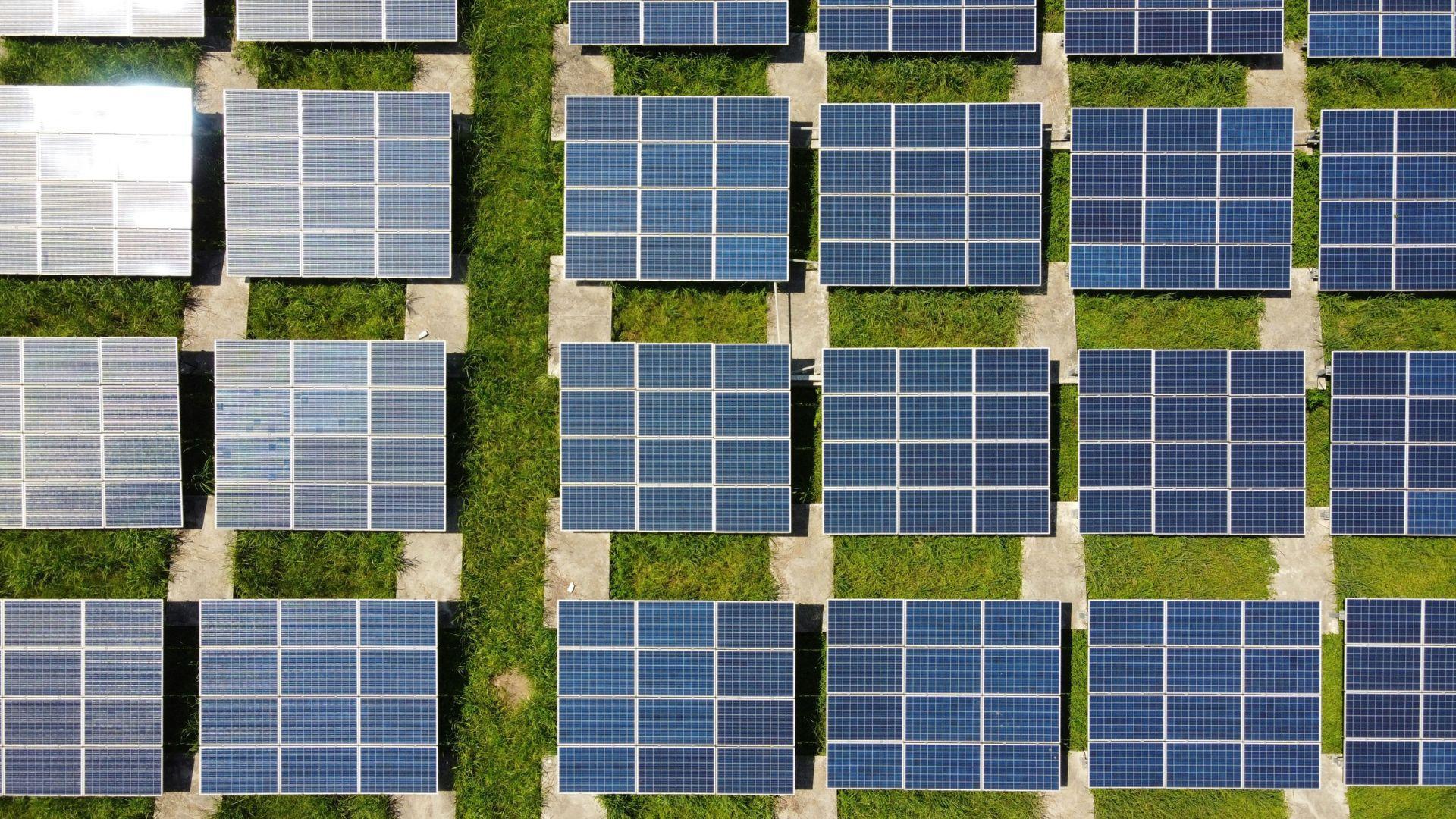
Source: Anders J/Unsplash
This transition is both about reducing emissions, as well as securing a viable, healthy future for the planet.
Time for Change
This report is a wake-up call, showing us the outsized role a small group of companies plays in global emissions. It’s a reminder that the path to a sustainable future involves not just individual actions but significant, systemic changes at the corporate and governmental levels.
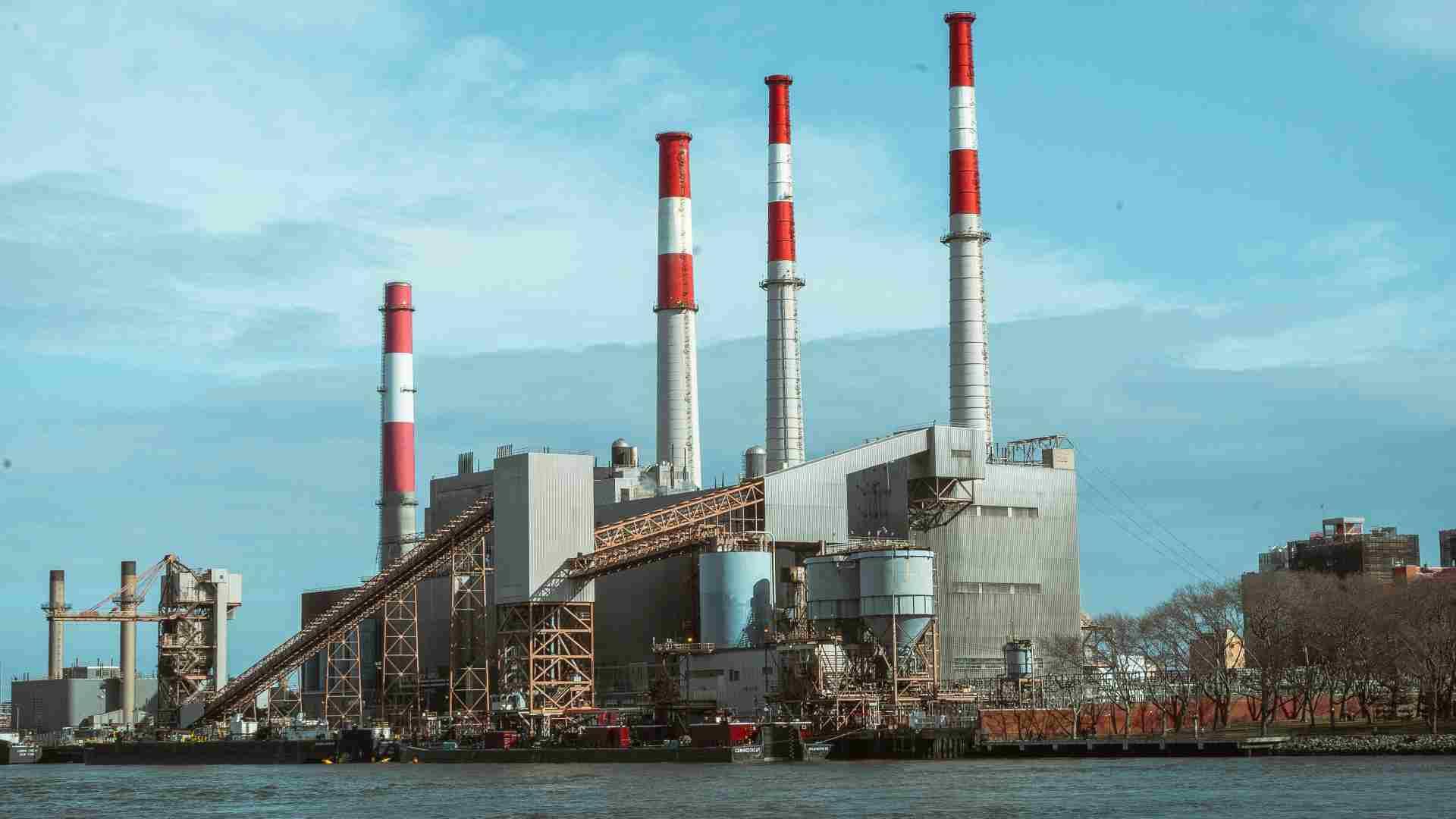
Source: Alex Simpson/Unsplash
With transparency, accountability, and innovation, achieving the Paris Agreement goals is within our reach, but it has to be an all-in effort from all sides.
